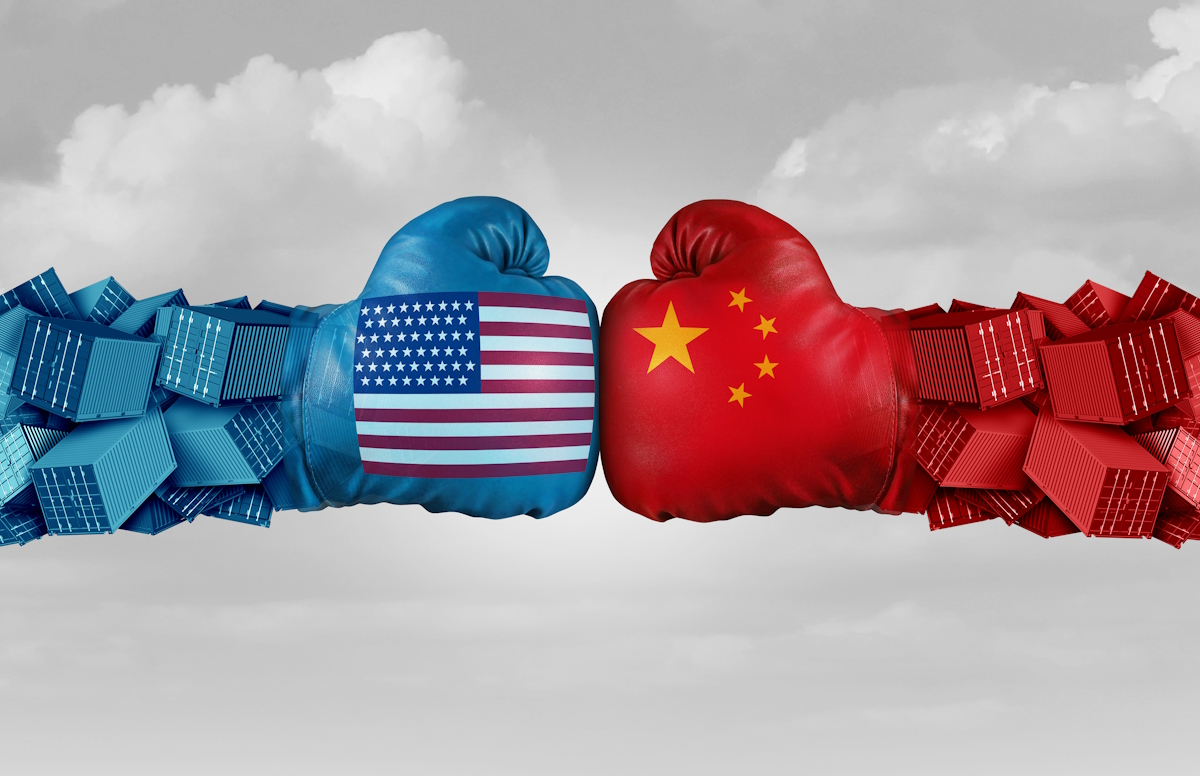The outcome of the upcoming US presidential elections, whether it results in a second term for Joe Biden or a return to office for Donald Trump, is unlikely to alleviate the tense political relationship between Washington and Beijing. Both American political parties largely agree on the perception of China as a significant threat to the US, suggesting that the bilateral relationship will remain fraught with tension regardless of the election results.
Historically, American attitudes towards China have been shaped by political rhetoric, and anti-China sentiments have surged over the years. A poll by consulting firm Gallup showed that 41% of Americans view China as the “greatest enemy” of the US. This is a substantial increase from previous decades: in 2001, it was 14%, and in another Gallup survey in 1983, only 3% of Americans described China as an “enemy.”
When it comes to parties, this year’s study shows a significant gap: 67% of Republicans chose China as the US’ “greatest enemy,” compared to 18% of Democrats.
But how would a second Biden or Trump turn pan out for China?
“No matter who takes office, it will not change the overall direction of America’s strategic competition with China,” said Sun Chenghao, a fellow at the Center for International Security and Strategy (CISS), Tsinghua University in Beijing.
While President Biden has maintained and even expanded upon the trade barriers introduced by Trump, he is trying to be a “careful China hawk,” opines Matthews Asia’s strategist Andy Rothman, looking not for a fight but fair competition.
“Over the past 12 months, a steady resumption of senior-level engagement between Washington and Beijing, including a meeting in California between Biden and Xi, has in fact stabilised the political relationship,” said Rothman. “American officials report tangible progress on key issues, including tighter controls over the production in China of precursor chemicals used in making fentanyl, and resumption of dialogue between military leaders.”
He expects a continuation of this approach – to mix tariffs, export controls, and diplomatic engagement – under a second Biden administration.
On the other hand, Trump’s approach to China could vary between transactional and more hawkish, according to Rothman. He points out that Trump’s previous term saw sharp tariffs on Chinese imports and aggressive rhetoric. However, Trump had occasionally indicated a willingness to negotiate. Recently, people in Trump’s circle have advocated for even tougher stances, including significant increases in tariffs and calls for recognising Taiwan as a sovereign nation. “Hawkish language about Taiwan from many in Trump’s circle may lead to an elevated risk on what has always been the most sensitive issue in US-China relations,” said Rothman.
“It is possible that in a second term, Trump could return to the transactional mode that led, in December 2019, to his ‘very large Phase One Deal with China,’ which he called a ‘tremendous victory for the American economy’,” Rothman opined.
“But, it’s not clear that Trump would want to move in that direction, and it is also not clear that Beijing would be willing to engage in that kind of negotiation, given how tense the bilateral relationship has become over the last four years,” he added.
Despite the political and economic pressures from the US, the impact on China’s economy may not be as profound as some expect. While tariffs and export controls will likely persist, China’s economic resilience may mitigate the effects. Thus, the tense political climate will continue, but the Chinese economy is expected to endure, if not thrive, amid these challenges.










 Australia
Australia China
China India
India Indonesia
Indonesia Japan
Japan Malaysia
Malaysia Philippines
Philippines Singapore
Singapore South Korea
South Korea Taiwan
Taiwan Thailand
Thailand Vietnam
Vietnam
 Germany
Germany Hong Kong
Hong Kong USA
USA Switzerland
Switzerland Singapore
Singapore









